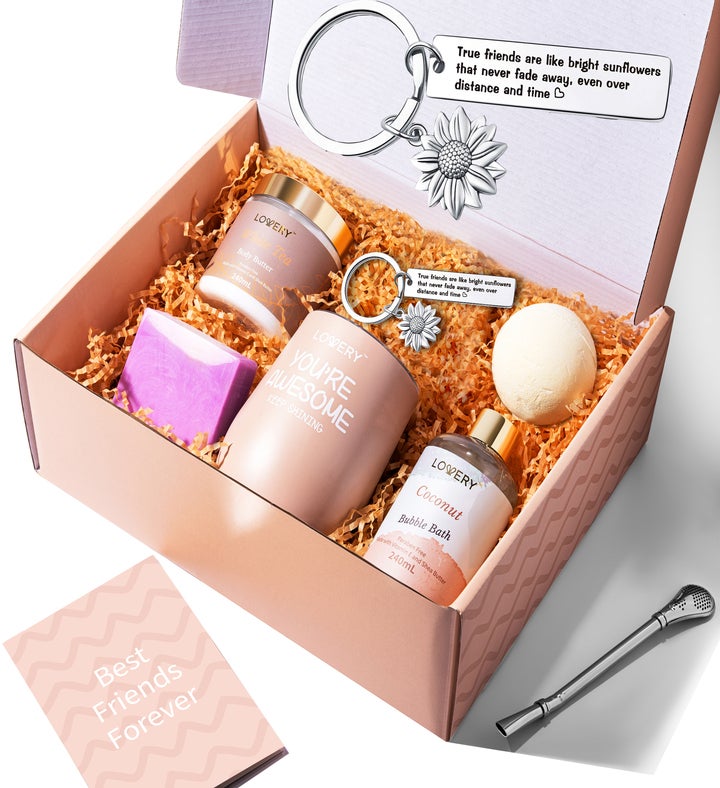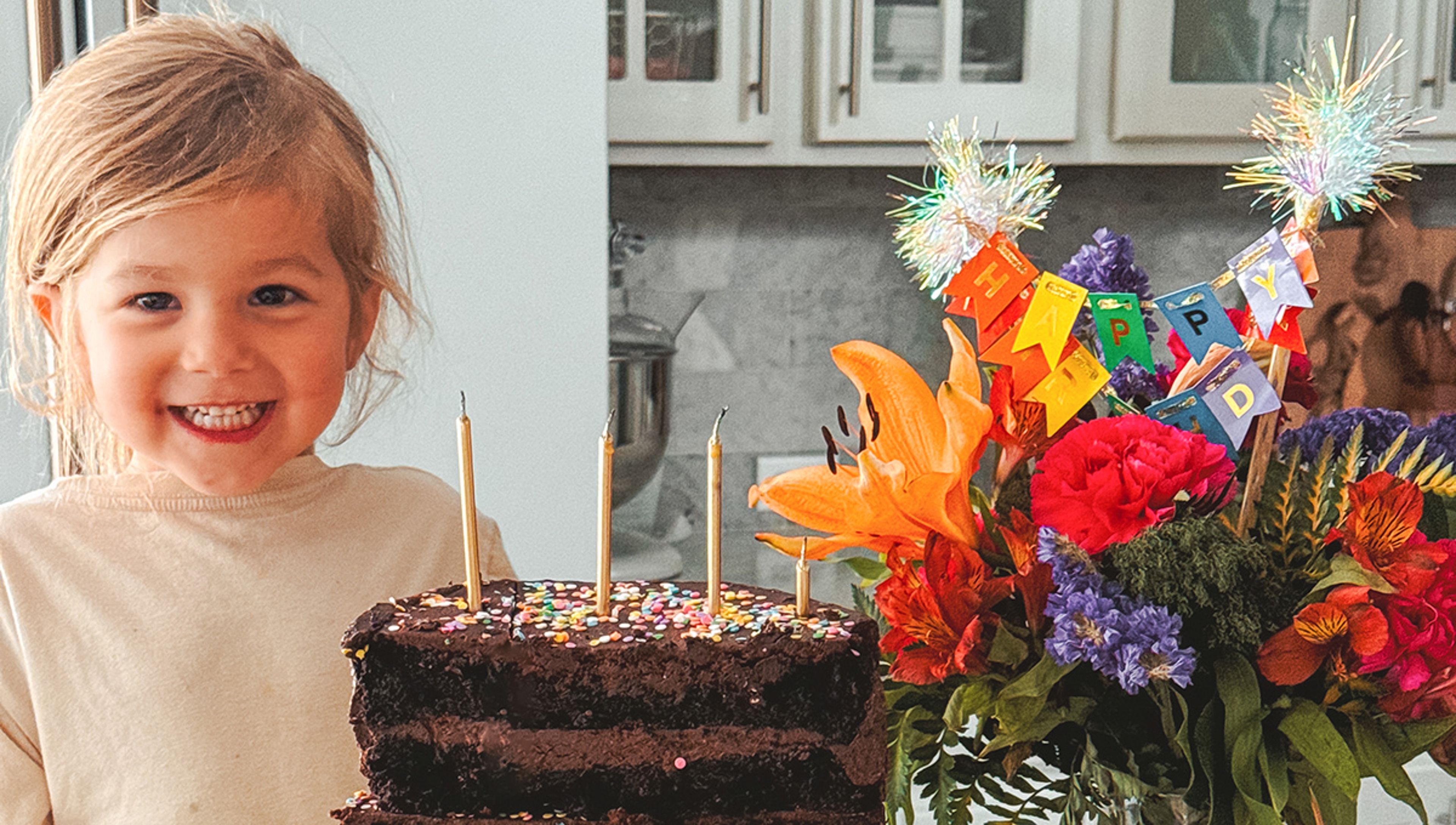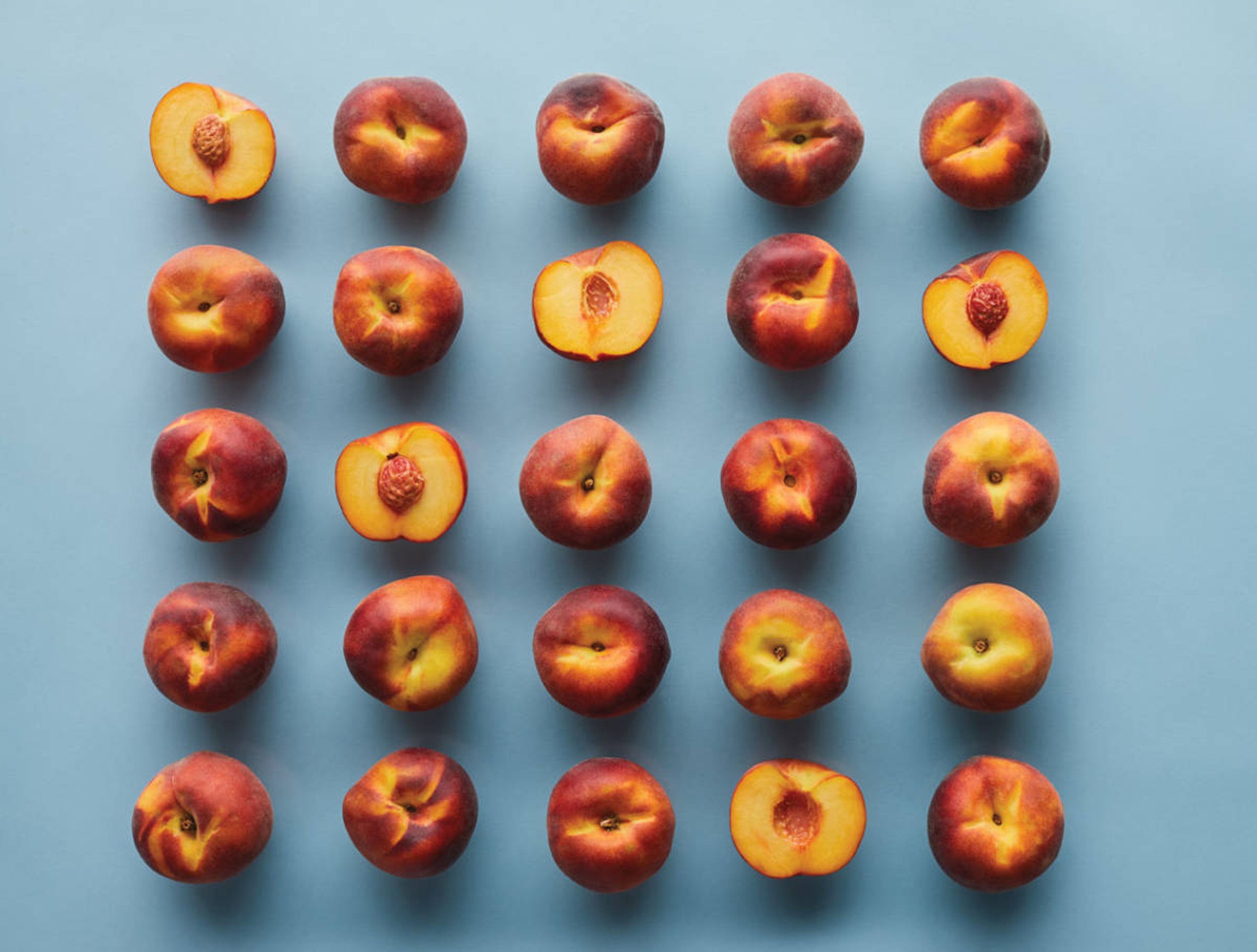Thank You for Being a Friend
Friends factor into our mental health. Here’s how to be a great friend.
Jul 16, 2024
As the classic song goes, “You gotta have friends!”
From our earliest days starting school, through our working years, in our pastimes and pursuits, and all life’s ups and downs — and even during the golden years of retirement — the friendships we forge are some of the most vital relationships we have in life. Friends are there for us. They lift us up, celebrate our wins, listen when we need to vent, and provide support when times get tough. Romances come and go, but as has often been said, the strongest friendships last forever.
Why we need friends
Beyond the bonds of family, most mental health experts believe our friendships are some of the healthiest and most important connections we make in life.
“Essentially, we’re tribal beings,” explains Dr. Daniel Ellenberg, a friendship expert, author, and board member of the Wellspring Institute for Neuroscience and Contemplative Wisdom near San Francisco. “Humans have lived in tribes and clans since the beginning of history. So the saying that no man or woman is an island, I think, is apt. Without social relationships, we’re not much.”

And Ellenberg is not alone in that philosophy. Dr. Irene S. Levine, a psychologist and friendship expert behind The Friendship Blog, agrees, saying, “Although scientists don’t know the precise mechanisms involved, many studies have shown that friends may be as essential to good health as exercising, eating healthy food, and getting a good night’s sleep.”
“We now know that there are a myriad of mental and emotional health benefits to having friends,” adds Dr. Beverley Fehr, a social psychology professor at the University of Winnipeg. “People who have friends, especially close friends, score higher on measures of well-being and satisfaction with life, and tend to experience more positive emotions. At the same time, they also have fewer negative feelings, including less loneliness and depression. There is even some evidence that people with close friendships may live longer than those without.”
How friends make us better people
Strong, healthy friendships, according to Fehr, are more than just casual connections. Instead, they are characterized by “high levels of trust, loyalty, caring, mutual support, honesty, and respect.”
“A great friendship allows an individual to be their ‘real’ self,” Levine says. “Friendship means you can trust each other and be fairly honest without worrying about being judged or misunderstood. It’s balanced in terms of give and take, and there’s an ease of communication.
“Many people make the mistake of thinking that spending time with friends is self-indulgent; nothing could be further from the truth. Having friends makes us better spouses, parents, and workers.”
“There’s an old saying that a burden shared is a burden halved,” Ellenberg says. “So, sharing one’s burdens in life is really a major part of creating positive mental health. We come to know ourselves better by revealing ourselves to others. When we live in a world where we feel connected to other people — to our friends — it’s a happier, healthier, safer world.”

Maintaining bonds
While friendships are essential in life, keeping these relationships strong and helping them thrive can be a challenge, especially in modern times. We’re just too busy and have too much going on, and if we’re not careful, our friendships can suffer as a result, explains Fehr.
“Life commitments sometimes end up taking priority, and we often assume that our friends will still be there for us,” she says. “However, friendships can drift away because they aren’t made part of our schedules.
“The best advice I can give is to make it a priority to nurture and sustain your friendships by spending time with your friends. In the same way that we find time to get in exercise so that we stay healthy, it’s important to figure out how to carve out time for friends so we can be emotionally healthy. Our families and even our work will benefit.”
How to be a good friend
Every friendship is different. However, the most enduring friendships have some distinct similarities.
“If you ask me what I want and what I value in friendships, I value someone who’s willing to be honest about what they’re thinking and feeling,” Ellenberg explains. “They’re willing to bring up things when they wish something were different. They’re willing to show their appreciation and their gratitude for the relationship. They’re willing to invest time and energy in the relationship. If they’re not willing to do that, it’s not much of a friendship.”
“In general, the bond between friends is strengthened when we are there for one another — sharing our joys and sorrows,” Levine adds. “Try to be attuned to your friends’ specific preferences and needs. One friend might truly appreciate you putting the effort into a surprise birthday party; another friend might be happiest with a one-on-one dinner out. Similarly, one friend going through a life crisis might be the kind of person who needs to talk about it and know that you will provide a listening ear. Another friend might appreciate the distraction of going to a concert or a movie. The important piece here is to focus on what would be most helpful for your friend rather than on your own preferences.”
Other “friendly” essentials to always keep in mind:
Remember important occasions like birthdays, and celebrate in ways you know they will enjoy. These could include a backyard grilling party, an indulgent cake or gift basket, or just a simple houseplant or some quality time together, in person or even virtually.
Acknowledge your friend’s successes, such as a new job or promotion. Help them share their good news with others by spreading the word in your friendship circle, and offer your support and encouragement in future endeavors.
In times of grief and loss, be present. Offer your physical presence, even if it’s just to sit quietly with them. Be a good listener, and let them express their feelings without interrupting or offering unsolicited advice. Offer practical help with daily tasks, such as cooking, cleaning, or running errands. Check in regularly to make sure they’re doing OK, and, above all, respect their grieving process in whatever form it takes.
During break-ups, divorces, and other relationship transitions, try to offer a shoulder to cry on and let your friend vent their feelings. Plan activities that can distract them and lift their spirits, such as a night at the movies, favorite meal, or weekend road trip. Avoid making judgments about their ex-partner or the relationship, and remind them to take care of themselves physically and emotionally, allowing plenty of time and space for healing.
Celebrating National Friendship Day
As a general rule, when it comes to being a great friend, our experts agree you should “be the friend you want to have in life,” on National Friendship Day and every day.
National Friendship Day, which falls on the first Sunday in August, was created in the 1930s — first as a “holiday” created by Hallmark Cards, then made official by Congress in 1935 — as a way to celebrate existing friendships and encourage the growth of new ones. This special day is an ideal time to connect with your closest friends or reconnect with treasured friends from the past who may have grown distant.
“I’d suggest marking the day by letting your friends know how important they are to you and what a difference they make in your life,” Fehr advises. “If you aren’t comfortable with communicating your feelings about the friendship directly, at least take the time to call or text and wish your friend a great day.”
“Look for ways to celebrate and nurture your friendships on these kinds of important days, whether it’s a note, phone call, or gift,” Levine adds. “Don’t just say ‘Let’s get together’ and then not follow through. Set aside time for your friends and mark it on the calendar.”
And above all else, Ellenberg insists, “use your words! Tell your friend you value them, or explain what you value most about them. Be specific. Spend the time and energy. If you want to show someone that they matter to you, actually make an effort. When it comes to being a good friend, effort is huge!”











